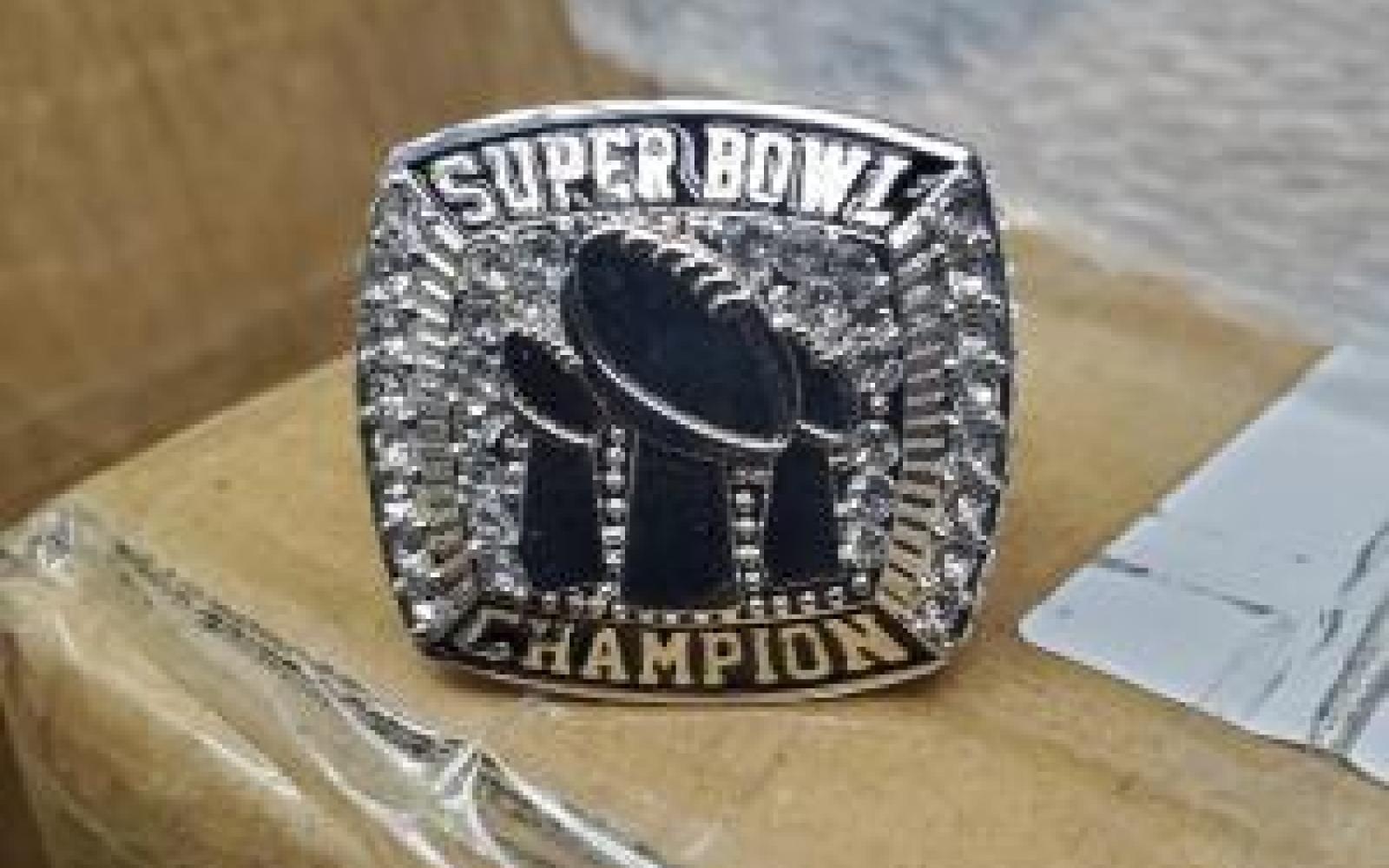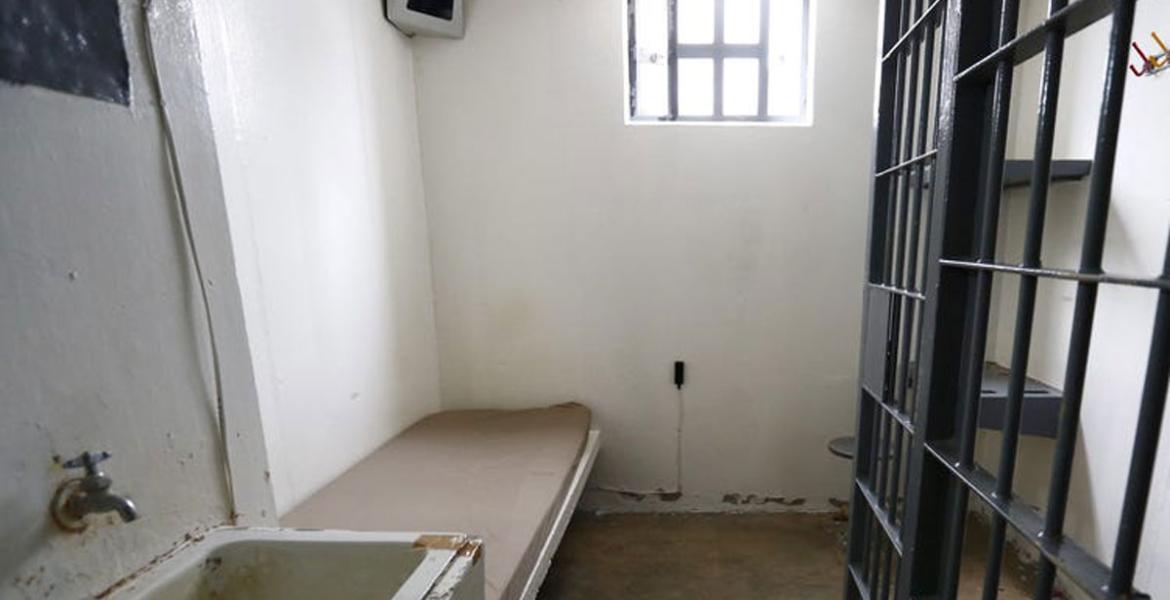ST. LOUIS — On November 11, U.S. Customs and Border Protection (CBP) officers working at an express consignment operations hub in St. Louis seized a shipment containing 422 Super Bowl championship rings bearing an image of the Lombardi Trophy.
An import specialist determined the rings were not authentic and that they bore an infringing trademark owned by NFL Properties that had been recorded with CBP for border enforcement through the e-Recordation program. And no, they were not Dallas Cowboys rings.
If the items were genuine, the total manufacturer’s suggested retail price (MSRP) for this shipment would have been worth $300,000. The shipment was arriving from China and was heading to a residence in Jerseyville, Illinois. This seizure is a prime example of how illegal actors and criminal organizations take advantage of sports fans by selling fake merchandise to generate profits for other illegal activity.

Fake Super Bowl Championship Rings (Courtesy/CBP)
“Counterfeit jewelry continues to flood the e-commerce market, and these rings were focused on a select group of sports collectors and their fans,” said LaFonda D. Sutton-Burke, Director, Field Operations-Chicago. “Our officers are well-trained to find counterfeit merchandise like these in support of CBP’s mission of protecting the American public and the American economy.”
The rapid growth of e-commerce enables consumers to search for and easily purchase millions of products through online vendors, but it also makes it easier for counterfeit and pirated goods to enter the U.S. economy. U.S. consumers spend more than $100 billion every year on intellectual property rights (IPR) infringing goods, falling victim to approximately 20% of the counterfeits that are illegally sold worldwide.
“This is just another example of the work our officers do to protect consumers and the U.S. economy,” said St. Louis’s Port Director. “As consumers increasingly purchase from online or third-party vendors, our officers are at the frontline to guard against defrauders expecting to make money selling fake merchandise.”
The following tips can help protect consumers and their families from purchasing unsafe and substandard goods.
- Trust your instincts and don’t fall for a “too good to be true” deal. If it seems too good to be true, it probably is.
- When shopping online this holiday season, read reviews and look at product photos, check seller information, and inspect product packaging for obvious errors upon arrival.
- Make sure that you are always shopping from well-known and reputable sources.
- Visit the CBP/ Chamber of Commerce “Shop Smart” webpage for more information.
CBP protects businesses and consumers every day through an aggressive IPR enforcement program. IPR violations are associated with smuggling and other criminal activities, and often fund criminal enterprises. Additionally, importation of counterfeit merchandise can cause significant revenue loss, damage the U.S. economy, and threaten the health and safety of the American people.
Last year, jewelry was the third most popular counterfeited item. CBP seized more than 375,000 items of counterfeited jewelry, with a MSRP over $550 million, had they been real. Last year, CBP officers seized over 24.7 million counterfeit products that would have been worth nearly $3 billion had they been real.
CBP's border security mission is led at ports of entry by CBP officers from the Office of Field Operations. Please visit CBP Ports of Entry to learn more about how CBP’s Office of Field Operations secures our nation’s borders. Learn more about CBP at www.CBP.gov
CBP has established an educational initiative to raise consumer awareness about the consequences and dangers that can be associated with the purchase of counterfeit and pirated goods. Information about the Truth Behind Counterfeits campaign can be found at www.cbp.gov/fakegoodsrealdangers.
Subscribe to the LIVE! Daily
Required






Post a comment to this article here: